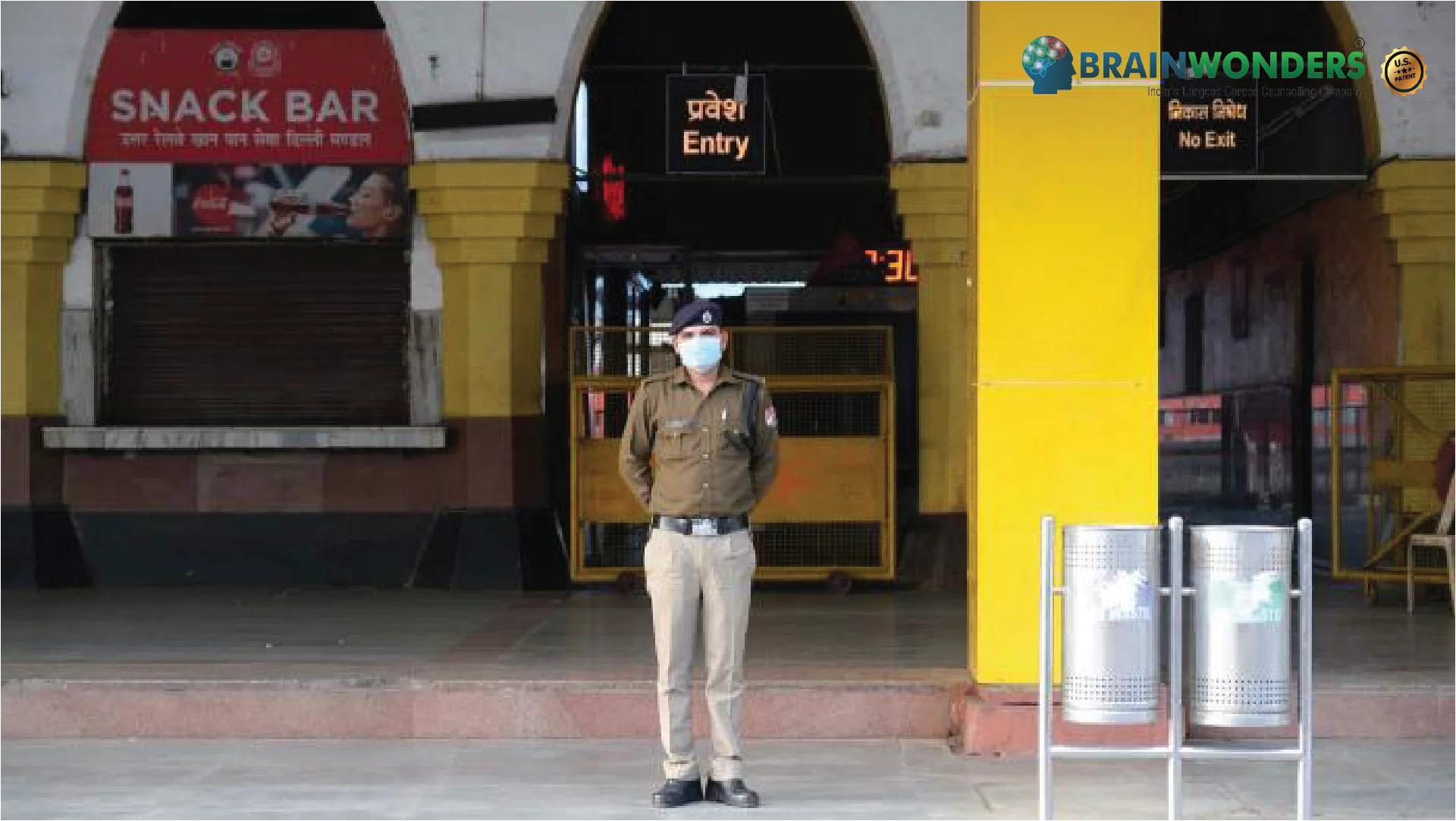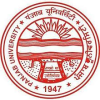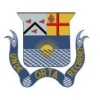How to become an Indian Railway Traffic Service Officer
Overview, Courses, Exam, Colleges, Pathways, Salary

Overview
Who is Indian Railway Traffic Service Officer ?
The Indian Railway Traffic Service (IRTS) is the top 5th Group 'A' Civil Service of the Government of India, accountable for the management of the two Indian Railways branches- Transportation Operations and Commercial wings.
One can be directly recruited for the position through Combined Civil Services Examination conducted by Union Public Service Commission (UPSC) or by being promoted from Group B Operating and Commercial departments’ officers of the Zonal Railways.
Typical day at work
What does Indian Railway Traffic Service Officer do?
· Directs the transportation output production and sale
· Oversees safe, comfortable, and efficient railways customer interface
· Guarantee smooth and fast freight and passengers transportation in the Operations wing
· Warrant assets optimum utilization by maximizing output with minimum inputs
· Oversee railway assets such as track, wagons, engines, signals, etc. by coordinating with the service departments
· Combine various departmental assets maintenance outputs to produce service output
· Handle sales, price, marketing and service components of the passenger and freight business in the Commercial wing
· Review past sales, profits, performance efficiency, etc.
· Production of transportation regulations
· In the zonal headquarters, manage IT passenger e-ticketing requirement as well as increasing bandwidth and speed for online booking facilities.
Abilities and Aptitude needed
What are the skills, abilities & aptitude needed to become Indian Railway Traffic Service Officer?
Individuals who are patriotic, passionate to serve the nation and have ample knowledge on Indian Constitution, Laws, and other rules and regulations is fit to become an IRTS Officer. Along with this, they should also possess knowledge on railway system’s organization and its rules and regulations. Possessing technological and computer skills can be an added benefit.
They need to have strong written and verbal communication and interpersonal skills. They must be comfortable, firm and composed, while dealing with individuals, including talking to them during confrontational situations. They must also be skilled at interviewing, maintain diplomacy, and assertiveness in case of aggression and hostility.
Other skills required are problem solving, negotiation, decision-making, commercial, organizational, and analytical. They also need to be efficient in leadership, team and time management such as meeting deadlines, prioritize tasks, and take personal responsibility for a professional workload.
The field also demands self-discipline, patience, punctuality, commitment self-confidence and a desire to climb up the ladder. They must accept the responsibility attached to the limitless power. To handle things effectively a lot of hard work, stamina, alertness of mind, adaptability, and good team spirit is required. A proactive approach in planning and management is also expected.
Pathways
How to become an Indian Railway Traffic Service Officer?
Entrance Exam
Entrance Exam for Indian Railway Traffic Service Officer ?
Courses
Which course I can pursue?
Best Colleges
Which are the best colleges to attend to become an Indian Railway Traffic Service Officer?
Industries
Which Industries are open for Indian Railway Traffic Service Officer?
internship
Are there internships available for Indian Railway Traffic Service Officer?
Career outlook
What does the future look like for Indian Railway Traffic Service Officer?
Immediately after the training, the officers are posted in one of the two wings (Operations or Commercial) at the Division Level as Assistant Operations/ Commercial Manager at the position of junior time scale. They are then promoted to Divisional Commercial/Operations Manager or Assistant Railway Manager at the position of Senior Time Scale. The Junior Administrative Grade position has the Senior Divisional Commercial/Operations Manager; followed by Deputy Chief Commercial/Operations Manager at Selection Grade position. The Senior Administrative Grade position has Chief Claims/Freight Officer or Additional Divisional Railway Managers or Divisional Railway Managers at Division Level to the apex position of Chief Commercial/Operations Manager at Higher Administrative Grade. These officers are involved in policy implementation.
At the Zone level, the position of Assistant Traffic Manager is at junior time scale to Divisional Traffic Manager at the position of Senior Time Scale to Deputy Chief Commercial/Operations Manager at Junior Administrative/Selection Grade position to Chief Freight Traffic Manager or Chief Traffic Planning Manager or Chief Commercial Manager at Senior Administrative Grade position to the General Manager at Principal Chief Operations/Operations Manager at Higher Administrative Grade position, to General Manager at Higher Administrative Grade position+. The officials concentrate on data collection and completing targets.
At the Railway Board, the position of Assistant Director is at junior time scale to Deputy Director at the position of Senior Time Scale to Director at Junior Administrative/Selection Grade position to Executive Director at Senior Administrative Grade position to Advisor at Higher Administrative Grade position, to Additional Member at Higher Administrative Grade position+. The Apex Scale has the position of Member Traffic and Apex Scale+ position of Chairman Railway Board. The IRTS officials focus on policy making.
An IRTS officer at secretary level supervises the traffic department related with the Railway Board. There are various departmental divisions such as commercial operations, traffic systems, computerization divisions, information management systems, tourism and catering.
An IRTS Officer can also serve as the economics or statistics, grievance redressal systems, and computerized freight marketing activities in-charge under the financial commissioner of Railways or the IRAS officers.
An IRTS officer also has the opportunity to serve in other Ministries under the Central Staffing Scheme, in PSUs, railway ministry units, central staffing schemes, etc.







